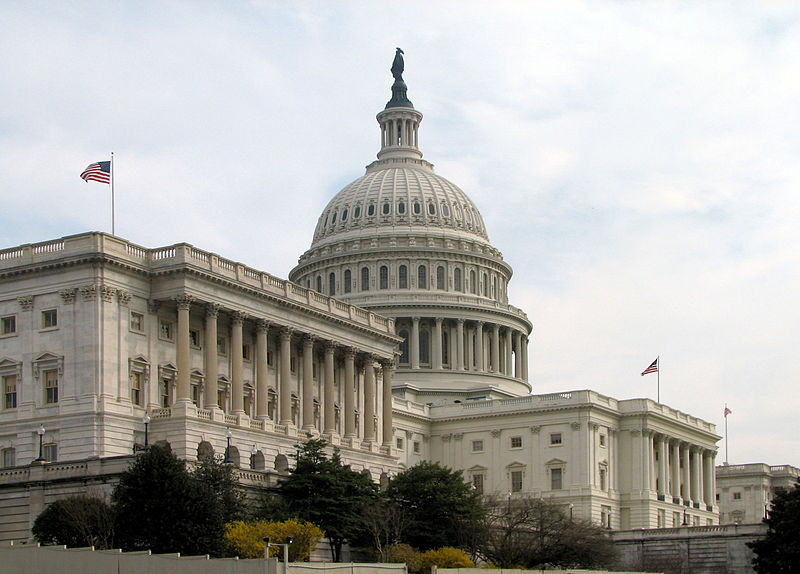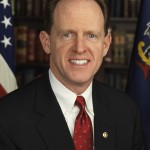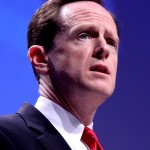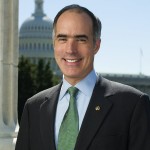Toomey Discusses New “Super Committee” Post
US Senator Pat Toomey (R-PA) was a “No” vote on the debt deal that passed Congress last week, but he will serve on the Joint Select Committee on Deficit Reduction. Senate Minority Leader Mitch McConnell (R-KY) tapped Toomey for the “super committee” job on Wednesday. Toomey tells reporters he’s honored to serve. “This is a very important moment in the history of our country. We’re facing a very serious challenge, and we need to address it very aggressively.”
The bipartisan, bicameral “super committee” was created by last week’s debt deal, and will be called upon to reduce the deficit by at least $1.5-trillion dollars over the next decade. They have until November 23rd. Automatic cuts would be triggered if Congress doesn’t approve the committee’s recommendations.
Toomey says the tax code is chock-full of opportunities for improvement, and he hopes the committee will take a close look. “The goals should be to broaden the base and lower the rates, so that we can create an environment that’s more conducive to economic growth,” Toomey explains. “That will also generate more revenue, a stronger economy always does.”
While he would like to see the committee put the US on the path toward a balanced budget, Toomey acknowledges that success will require bipartisan support. As reporters peppered him with questions on Wednesday’s conference call, Toomey cautioned that it’s probably not constructive to conduct committee discussions through the media.
Other Senators on the committee include: John Kyl (R-AZ), Rob Portman (R-OH), Patty Murray (D-WA), John Kerry (D-MA) and Max Baucus (D-MT). House members already named to the committee include: Fred Upton (R-MI), Dave Camp (R-MI) and Jeb Hensarling (R-TX). House Democrats have yet to appoint their members.







